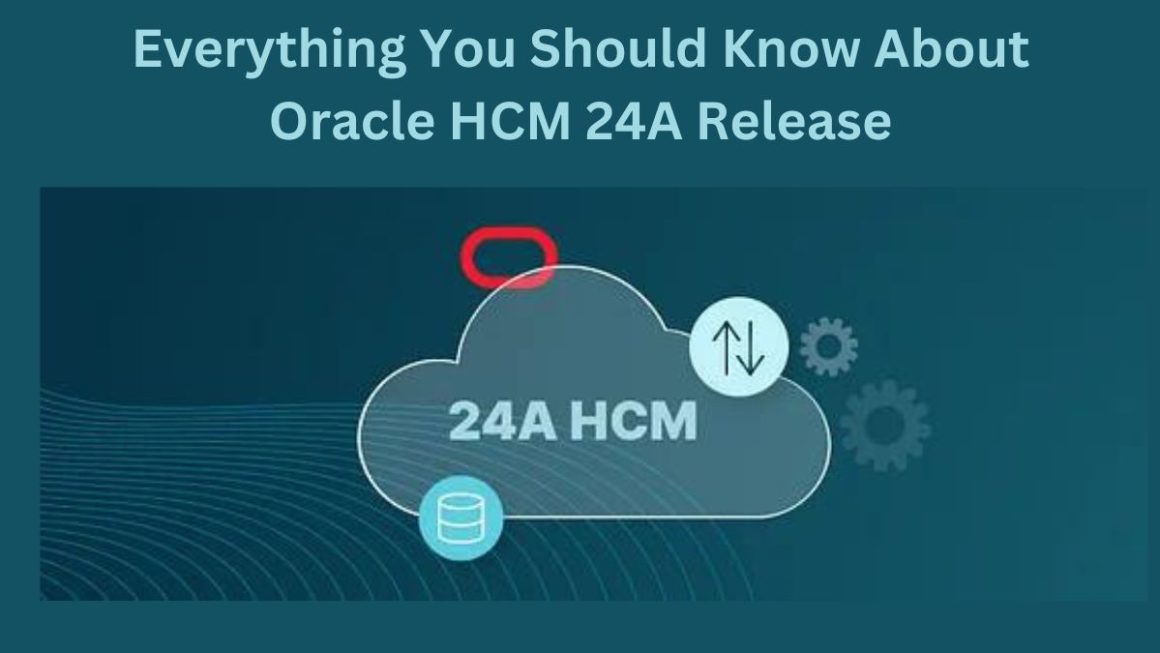One of the needs of companies is unlimited free cloud storage of their data. They need to have backup copies that guarantee that their information is safe and complies with data protection regulations.
Some traditional tools such as Dropbox or Google Drive are not the most suitable formula for storing data in the cloud, since being foreign companies, their security policies are not always adapted to the conditions of European regulations.
In any case, having unlimited free cloud storage seems like a pipe dream. Although with these tools, we can obtain a certain amount of GB for free, the truth is that if we have a large amount of data to make backup copies we need to acquire storage. And acquiring storage implies that we will get as much as we pay.
Do You Need Unlimited Free Cloud Storage?
Let’s say your company has a large amount of data, and you want to backup everything. So do you need unlimited free cloud storage? Not necessarily, since it is very likely that within all that information, not all the data is useful.
In fact, it is possible that you do not need to keep several versions of your backups, from the first one that was made years ago, to a more recent one. If there is data that does not change over time, which is always the same, making many backup copies of it does not make sense. It is best to overwrite the old backups.
Each company must assess how long it wants to overwrite its data. That way, you can have access to recent backups, but the oldest backups will be deleted because they are no longer needed. Are file backups from years ago really necessary? We must establish the limits of our online backups according to our needs.
The access free unlimited cloud is often synonymous with the disorder, poor quality management and data access. That is why it is better to be clear about how much space in the cloud we need and keep with that space. As long as our company does not increase your data very abruptly in a short space of time, we will not have a need to change to a higher data plan.
What Kind Of Data Should I Save In The Cloud?
There are companies that are looking to store very heavy cloud data and therefore want unlimited free cloud storage.
The problem is that many times this data that we have stored on the hard disk of computers is not always necessary. That is why the cloud makes no sense to save files without rhyme or reason, or strategy, or any limit. For example, if we accumulate many photos downloaded from a photo bank on the Internet, or we tend to work with video, it is not necessary to keep each and every one of the photos or videos that have been downloaded, but the final version.
In addition, we must think that these photos or videos have been created or downloaded for a purpose. If the data has already been delivered to the customer, we have no obligation to keep it stored for years, so much of the information we keep may not be necessary or have a real use. Saving files in the cloud, be they old documents, photos or videos, in several versions, does not make sense if they are not going to be used again.
The tendency to work more and more with programs in the cloud also leads us not to store so much information on the hard drives of computers. Therefore, our backups are not that big, nor do they take up so much space, nor do we need so many gigs to have unlimited cloud storage.
Save Backups In The Cloud.
There are many cloud storage services, where you can save all kinds of files in the cloud. You can upload office automation files, images, videos, programs, databases and all kinds of files to the cloud.
Now, if you want to save information in the cloud safely, as a backup, what you need is a tool that allows you to save data in the cloud in an automated way, with a storage level appropriate to your needs.
You will not have to be aware of recording or saving the backups, since they will be done in an automated way and you will be able to store the data of different computers at the same time in a single virtual disk where the data of your company will be stored.
Also Read : What Is Malware, And How It Can Affect You?




